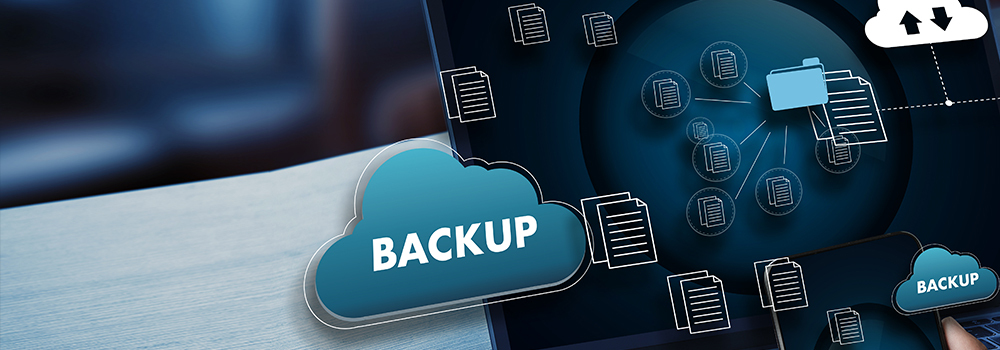Is the Cloud really risk-free?
Is the Cloud really risk-free?
The Cloud presents plenty of benefits that make it a very attractive choice, especially for SMBs who don’t want to be burdened with higher in-house IT costs, putting your data in the Cloud is not risk-free. Just as storing data on physical servers has its security threats, the Cloud presents certain security concerns as well. These include
- Data breach: A data breach is when your data is accessed by someone who is not authorized to do so.
- Data loss: A data loss is a situation where your data in the Cloud is destroyed due to certain circumstances such as technological failure or neglect during any stage of data processing or storage.
- Account hijacking: Like traditional servers, data in the Cloud could be stolen through account hijacking as well. In fact, Cloud account hijacking is predominantly deployed in cybercrimes that require entail identity thefts and wrongful impersonation
- Service traffic hijacking: In a service traffic hijacking, your attacker first gains access to your credentials, uses it to understand the online activities that happen in your domain and then uses the information to mislead your users or domain visitors to malicious sites.
- Insecure application program interfaces (APIs): Sometimes, Cloud APIs, when opened up to third parties, can be a huge security threat. If the API keys are not properly secured, it can serve as an entry point for cybercriminals and malicious elements.
- Poor choice of Cloud storage providers: A security lapse from the Cloud storage provider’s end is a huge security concern for businesses. It is very important to choose a trusted and experienced Cloud service provider who knows what they are doing.
Apart from the above, there are some common threats that apply to both the Cloud and traditional data storage environments such as a DDoS attack, or a malware attack where your data in the Cloud becomes susceptible because it is being shared with others and at other places.
Some Cloud security mechanisms that SMBs can invest in to keep their data safe
Cloud firewalls: Much like the firewalls you deploy for your local IT network, Cloud firewalls work to prevent unauthorized Cloud network access.
Penetration testing: Penetration testing is a sort of a Cloud security check where IT experts try hacking into the Cloud network to figure out if there are any security lapses or vulnerabilities that could serve cybercriminals.
Obfuscation: In obfuscation, the data or program code is obscured on purpose such that the system delivers unclear code to anyone other than the original programmer, thus mitigating any malicious activity.
Tokenization: Tokenization is the process of replacing sensitive data with unique identification symbols that retain all the essential information about the data without compromising its security.1
Virtual Private Networks (VPN): Another, more commonly used mechanism is the VPN. VPN creates a safe passage for data over the Cloud through end-to-end encryption methodology.
Investing in a good Cloud security system is a must, but, in the end, you also need to remember that Cloud security is not only about antivirus software, firewalls, and other anti-malware tools. You need to pick the right MSP and work closely with them to implement a Cloud security solution that works for you.
1https://searchsecurity.techtarget.com/definition/tokenization































